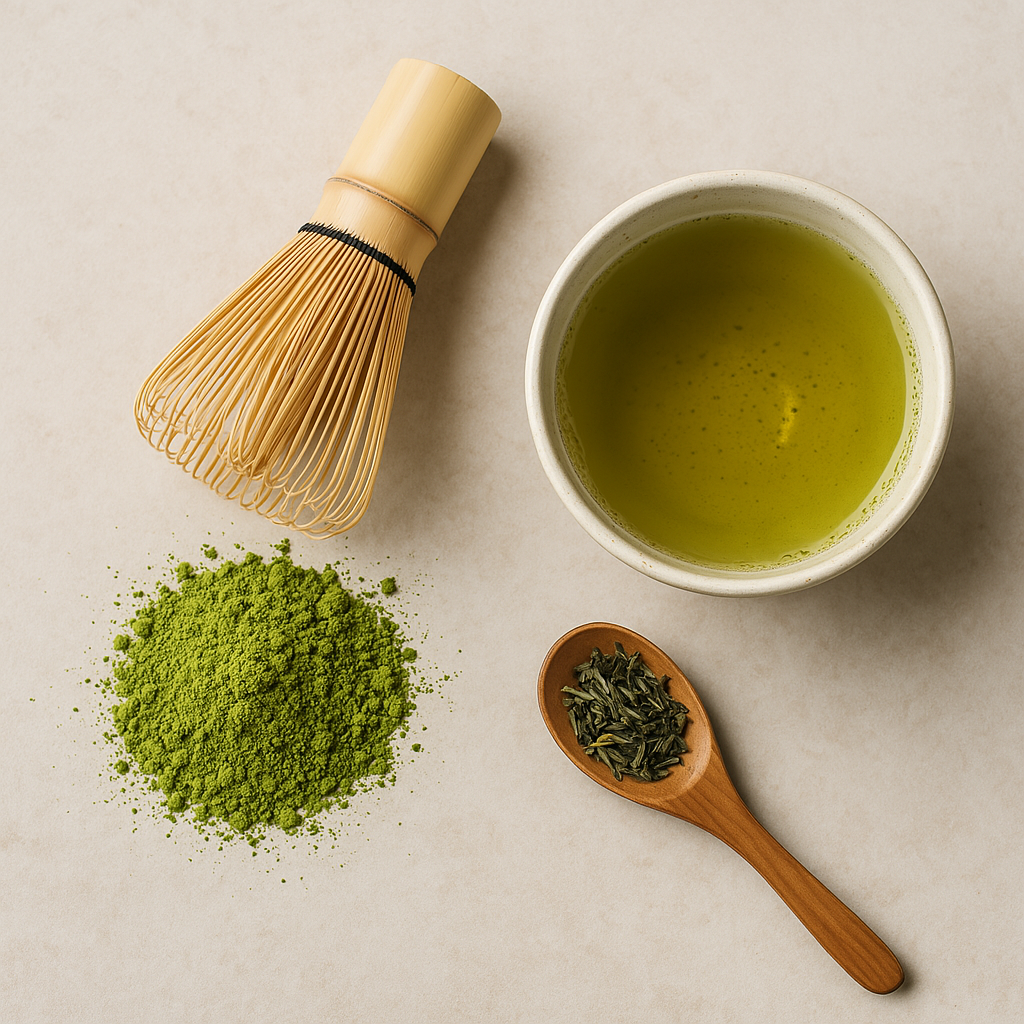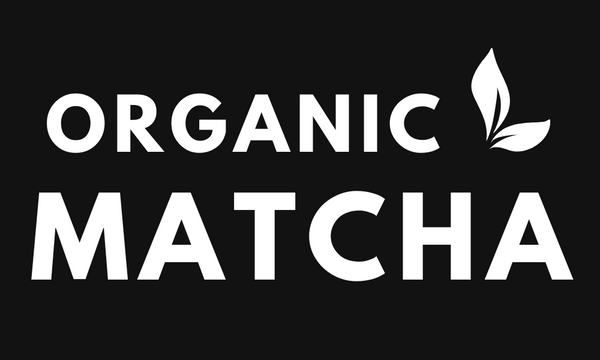
Matcha vs. green tea - What’s the real difference?
Share
They come from the same plant, have similar origins, and are both celebrated for their health benefits - so what actually separates matcha from regular green tea?
Let’s break it down.
It starts with how they’re grown
Both matcha and traditional green tea come from the Camellia sinensis plant. However, matcha leaves are shade-grown for several weeks before harvest. This shading boosts chlorophyll levels, enhances amino acids like L-theanine, and gives matcha its signature vibrant green color. Regular green tea leaves are typically grown in direct sunlight, resulting in a lighter, more astringent flavor profile.
How they’re processed
After harvesting, matcha leaves are steamed, dried, and stone-ground into a fine powder - meaning you consume the entire leaf. Green tea, on the other hand, is usually steeped in hot water and then discarded. Because of this, matcha offers a much more concentrated source of nutrients.
Nutrient density: matcha packs more
Since you’re consuming the full leaf, matcha contains significantly more antioxidants, especially EGCG (epigallocatechin gallate), a catechin known for its powerful health effects. Matcha can contain up to 137 times more EGCG than some types of green tea. It’s also higher in L-theanine, the amino acid that promotes relaxation without drowsiness - making matcha ideal for calm, focused energy.
Flavor and texture
Green tea is typically light, grassy, and slightly floral or vegetal depending on the type. Matcha, by contrast, is creamy, rich, and earthy with a signature umami depth. The powder creates a full-bodied experience that lingers, and ceremonial-grade matcha even has a natural sweetness when prepared correctly.
Preparation & ritual
Drinking matcha is more than just brewing a cup - it’s a ritual. From sifting the powder to whisking it into hot water, the traditional preparation of matcha is mindful and immersive. Green tea, while soothing, doesn’t usually carry the same sensory or ceremonial weight.
Health benefits
Both green tea and matcha offer immune support, anti-inflammatory effects, and heart-healthy compounds. But due to its nutrient density, matcha may be more effective in supporting metabolism, detoxification, and sustained mental clarity.
While green tea and matcha share a root, matcha is the concentrated, ceremonial, and elevated sibling - a daily ritual with centuries of tradition and modern-day wellness appeal.
